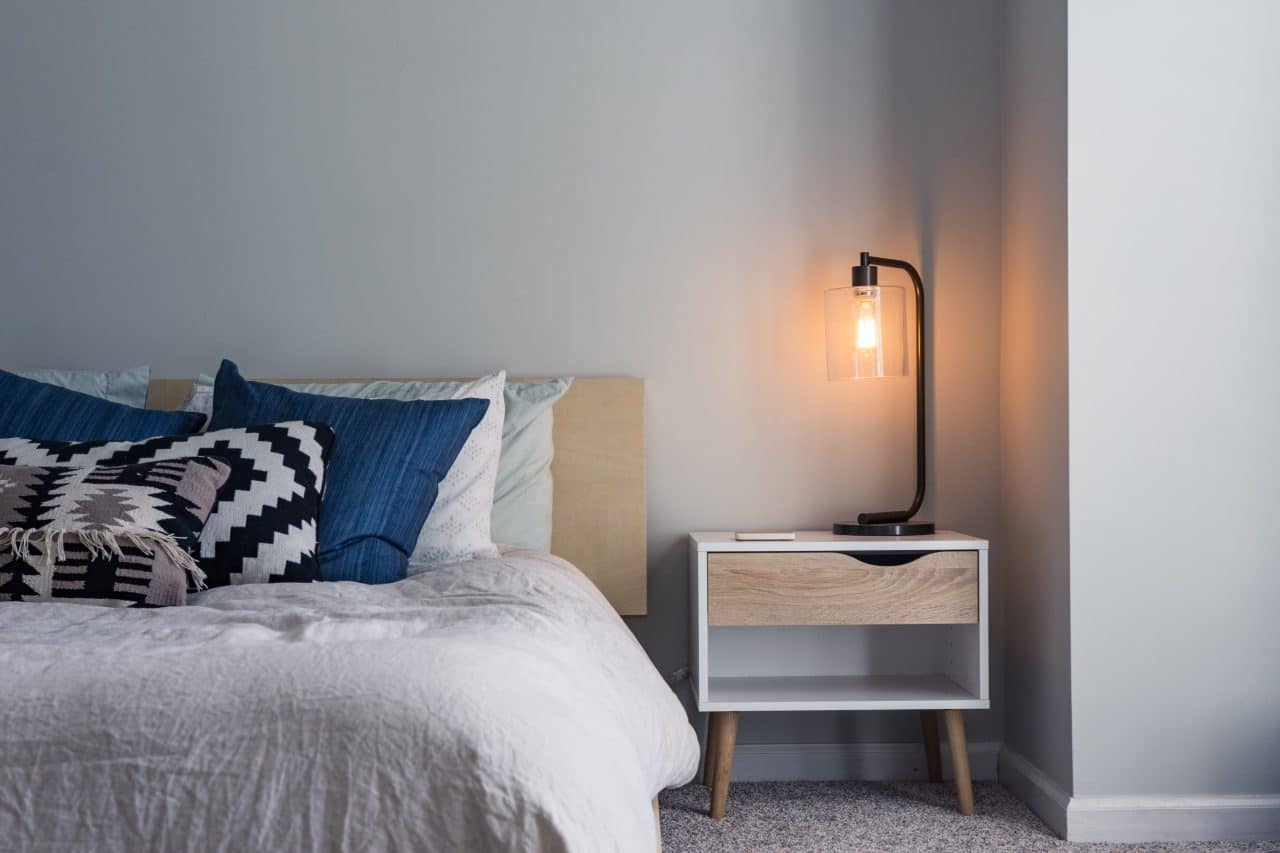If you notice yourself experiencing stronger allergy symptoms in the morning, it may be due to an incredibly common culprit: dust mites.
What are Dust Mites?

Dust mites are microscopic pests. They are closely related to ticks and spiders and thrive in warm, humid environments. They can be found in pretty much every home, and are especially attracted to:
- Bedding
- Mattresses
- Carpets
- Curtains
- Upholstered furniture
Because dust mites live in your home, allergies can occur year-round, as opposed to pollen allergies which are seasonal. If you have a dust mite allergy, your symptoms are often worse in the morning because dust mites tend to live in your bedding, so your exposure is greater when you sleep.
Symptoms of a Dust Mite Allergy
In general, dust mite allergies cause more mild symptoms than a pollen allergy (hay fever). They can include:
- Sneezing
- Runny nose
- Nasal congestion
- Itchy, red or watery eyes
- Itchy nose and throat
- Sinus pressure or pain
In more severe cases, a dust mite allergy might contribute to symptoms of asthma such as:
- Wheezing
- Difficulty breathing
- Chest tightness
- Cough
Seek medical care immediately if you experience worsening shortness of breath or wheezing.
Limiting Your Exposure to Dust Mites
While it is impossible to rid your home of dust mites entirely, there are steps you can take to reduce your contact with them.
- Get dust mite covers for your mattress and pillows. You can find them online or check a local mattress store like Rotmans.
- Wiping your bedroom floor with a damp cloth.
- When possible, consider hard floors instead of carpet for your home.
- Make sure you have low humidity in your home, especially in damp prone areas like the bathroom or basement.
- Clean and vacuum your home, curtains, and upholstered furniture regularly.
Other Causes of Morning Allergies
Not everyone who experiences worse allergy symptoms in the morning has a dust mite allergy. A few other common causes include:
- Pollen from grasses, ragweed and trees. If you sleep with your windows open, you may be exposed to pollen throughout the night. This causes more intense allergy symptoms when you wake. If you have a pollen allergy, we recommend keeping your windows closed at night.
- Pet dander. This can be an issue especially if your pet sleeps in the same room as you. If you are allergic to pet dander, consider having your pet sleep in a different room of the home.
- Mold. Mold is found indoors and outdoors, so much like dust mites, it can be a year-round source of allergies. It is often found in damp areas like basements, bathrooms and kitchens. Consider a dehumidifier if you suspect a mold allergy.
The only way to know for sure what is causing your morning allergies is to visit an allergist. They can perform skin and/or blood tests to see what allergens cause a reaction.
Once your allergen is known, you and your allergist can plot a course of treatment which may include prescription antihistamines, corticosteroid nasal spray, or immunotherapy.
For more information about managing allergies or to schedule an appointment with an allergy expert, call ENT Associates of Worcester today.